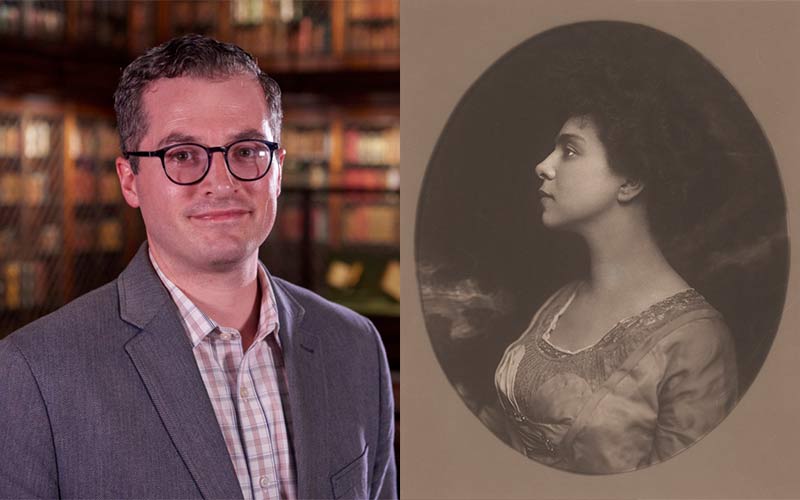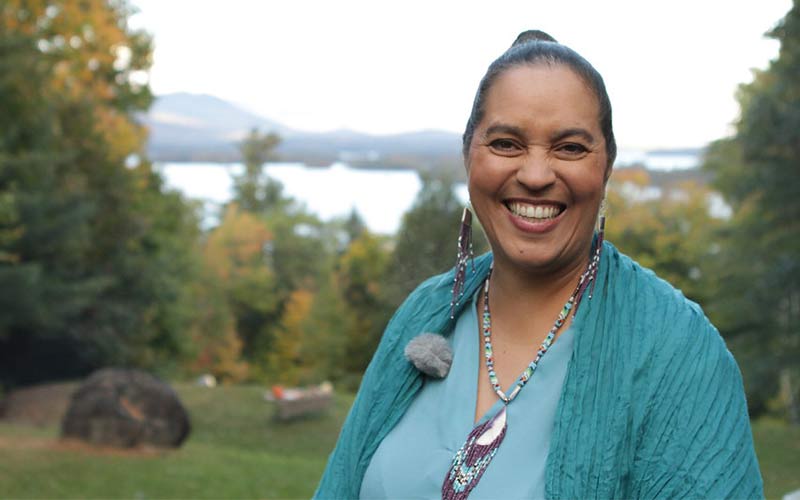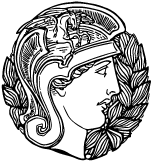Mary Wollstonecraft
First-time readers of Mary Wollstonecraft’s A Vindication of the Rights of Woman (1792) are often surprised by how little Wollstonecraft actually says about rights. There is no proposed woman’s bill of rights, no plea to grant women the right to vote, or to assemble, or to have a jury of their peers. What Wollstonecraft explores instead, are natural rights, which are not the sort of thing that can be granted; instead, they are the sort of thing that can only be acknowledged or recognized. As Wollstonecraft explains in A Vindication of the Rights of Men, published two years before the Rights of Woman: “It is necessary emphatically to repeat, that there are rights which men inherit at birth, as rational creatures… and that, in receiving these, not from their forefathers, but, from God, prescription can never undermine natural rights.” Natural rights are woman’s birthright as well as man’s, Wollstonecraft argues in VRW, and a political system that fails to acknowledge these rights fails to acknowledge woman’s reason, and consequently, her humanity.
Called a “metaphysical sophist” and a “cold mathematician” for her commitment to the natural rights philosophy, scholar Nancy Kendrick will explore Wollstonecraft’s arguments for woman’s epistemic authority, that is, for the “natural right to act in accordance with the direction of [her] own reason.” (VRW)
--
Nancy Kendrick is Professor of Philosophy at Wheaton College in Norton, MA. She has published many articles on the philosophy of the early modern period, including several on the theories of friendship advanced by Mary Astell and Mary Wollstonecraft. She lives in Providence.







